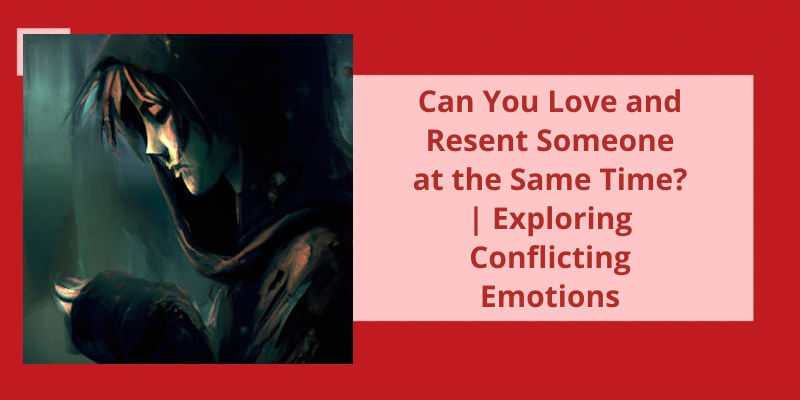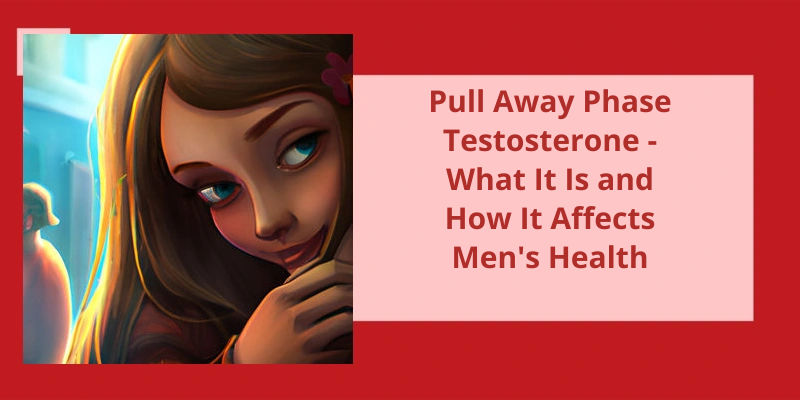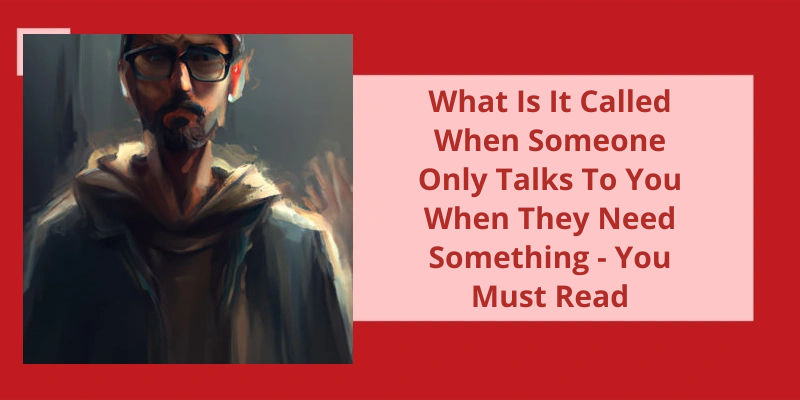Love can often be a complicated emotion. It's not always as straightforward as simply feeling affection and admiration for someone. Sometimes, these positive emotions can coexist with resentment, frustration, or even anger. The question of whether it's possible to love and resent someone at the same time is one that’s puzzled philosophers, psychologists, and everyday individuals for centuries. While it may seem paradoxical, recent research has shed some light on the topic. In fact, it appears that experiencing mixed emotions toward a partner isn’t only common but also normal. By acknowledging the complexity of our feelings and working to understand our partner's perspective, we may be able to navigate the ups and downs of relationships more effectively.
Can You Love and Hate Something at the Same Time?
The complexity of human emotions is increasingly becoming a topic of interest among scientists. Emotions, in particular, are a fascinating area of study because they’re so diverse and multi-faceted. One interesting question that frequently arises is whether it’s possible to love and hate something at the same time. This is a concept that’s been explored in a variety of different scientific studies over the years, with some researchers suggesting that it’s indeed possible, at least with some things.
For example, in 2014, a set of experiments was conducted to explore this idea in relation to romantic partners. The study found that thinking about partners could provoke both positive and negative emotions in those involved. This means that it’s possible to experience a wide range of emotions, including both love and hate, simultaneously. Of course, this is something that’s likely to vary from person to person, depending on a wide range of factors, including personal experiences, cultural norms, and individual personality traits.
One potential explanation for this phenomenon is that love and hate aren’t polar opposites, but rather two sides of the same coin. They can both be seen as intense emotions that reflect deep feelings of attachment and passion towards someone or something. It’s also possible that these emotions coexist in our minds because they serve different purposes. Love, for example, may be associated with feelings of pleasure and happiness, while hate may be associated with anger and discomfort. These emotions may be experienced differently depending on the individual and the situation.
It’s common for people to experience mixed emotions when trying to navigate complex situations. For example, someone may be in love with their partner but at the same time feel anger or frustration towards them for not meeting their needs. It’s also possible that feelings of love and hate coexist because they provide individuals with a way to balance their emotions and cope with difficult situations.
While this concept may seem counterintuitive at first, it highlights the complexity of our emotional experiences and the many different factors that can influence how we feel. Future studies in this area will undoubtedly shed more light on this phenomenon and help us to better understand the intricate workings of the human mind.
Conclusion
Ultimately, the complexities of human emotions aren’t always easily explained or understood. However, one thing is clear: love and resentment can coexist within a single relationship. While this may seem contradictory or even paradoxical, it’s a reality that many individuals face. The important takeaway is that acknowledging and accepting these conflicting feelings is a normal part of the human experience. Rather than trying to suppress or deny them, it’s crucial to address these emotions head-on, with empathy and understanding. By striving to understand our loved ones and their perspectives, we can work towards building stronger and more fulfilling relationships, even in the face of challenges and difficult emotions. Ultimately, it’s through this commitment to connection and understanding that we can find happiness and fulfillment in our closest relationships.






